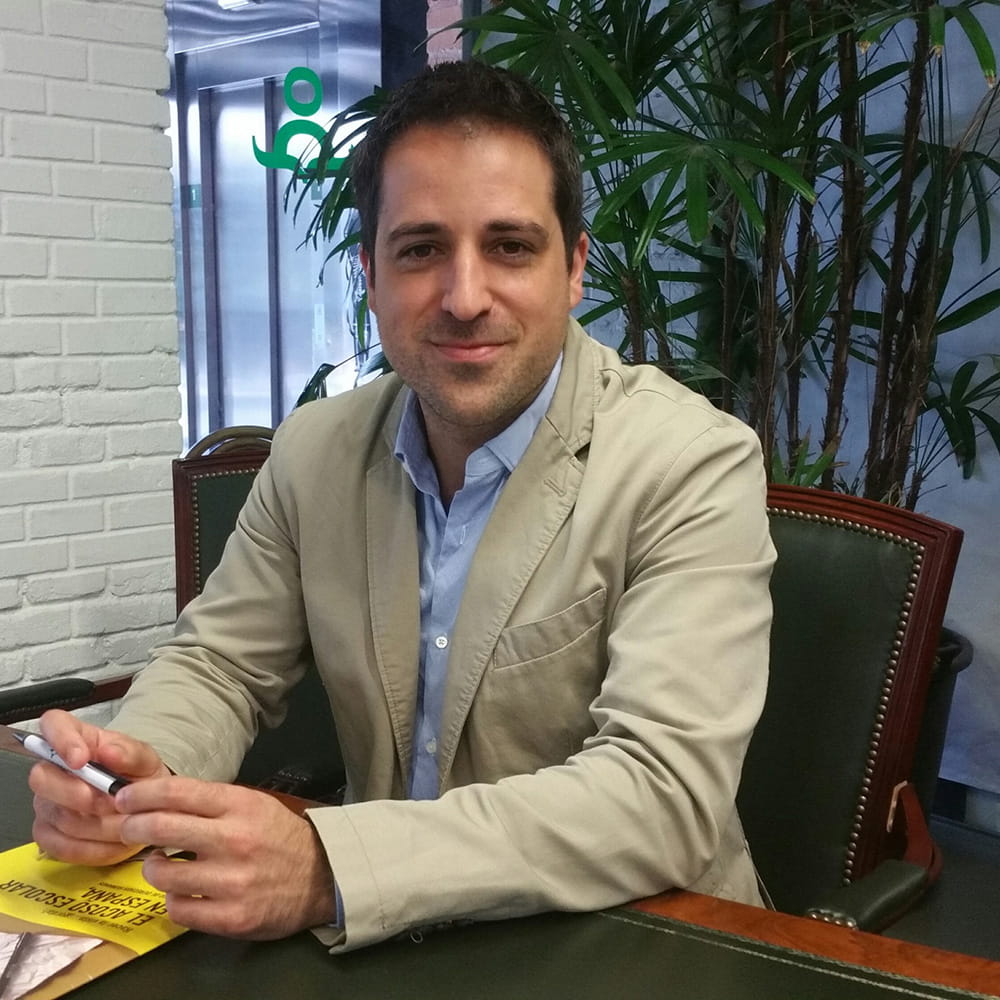Impact of poverty on the right to protection and assistance to the family: Evidence from Human Rights Local & ATD Fourth World for UN review
This blog has been re-published from the Human Rights Centre Blog.
By Dr Koldo Casla and Lyle Barker.
Human Rights Local, a project of the Human Rights Centre, has joined forces with ATD Fourth World, a human rights-based anti-poverty organisation with 60 years of experience in the UK, to submit evidence for the 7th periodic review of the UK in front of the UN Committee on Economic, Social and Cultural Rights (CESCR).
The submission focuses on the impact of poverty on the right to protection and assistance to the family. This right is recognised in Article 10 of the International Covenant on Economic, Social and Cultural Rights (ICESCR), which the UK and 170 other countries have voluntarily signed up to.
Article 10(1) ICESCR declares that “the widest possible protection and assistance should be accorded to the family, which is the natural and fundamental group unit of society, particularly for its establishment and while it is responsible for the care and education of dependent children”. Article 10(3) ICESCR goes on to state that “special measures of protection and assistance should be taken on behalf of all children and young persons without any discrimination for reasons of parentage or other conditions”.
The right to protection and assistance to the family is connected with other rights recognised in ICESCR, particularly the right to work and rights at work (Articles 6 and 8), the right to social security (Article 9), and the right to an adequate standard of living (Article 11), which includes housing and food.
The right to protection and assistance to the family must be secured for everyone with no discrimination of any kind (Article 2(2) ICESCR), including on the ground of socio-economic status (CESCR General Comment 20, para 35).
Like all other socio-economic rights, the right to protection of family is subject to progressive realisationunder Article 2(1) ICESCR, making use of the maximum of available resources. As observed by the CESCR, progressive realisation “imposes an obligation to move as expeditiously and effectively as possible towards that goal. Moreover, any deliberately retrogressive measures in that regard would require the most careful consideration and would need to be fully justified by reference to the totality of the rights provided for in the Covenant and in the context of the full use of the maximum available resources” (CESCR General Comment 3, para 9).
The submission by ATD Fourth World and Human Rights Local brings to the attention of the UN Committee that families in poverty in the UK can be subjected by children’s social care to harsh interventions that are discriminatory and driven by a concept of risk-aversion that is inconsistent and fails to fully consider the harm done by removing children into State care or contested closed adoptions. This harm includes the current insufficient regulations for the accommodation of 16 to 18-year-olds in care, which makes them potentially vulnerable to grooming and trafficking.
The CESCR will consider the questions proposed by Human Rights Local and ATD Fourth World, as well as other stakeholders in several other submissions, for the List of Issues, which will be presented to the UK Government for their response.
The questions included in the submission by ATD Fourth World and Human Rights Local are:
- Will the UK revise the Equality Act 2010 to ensure the prohibition of direct and indirect discrimination on the ground of socio-economic disadvantage?
- What measures does the UK Government take to prevent povertyism from skewing children’s social care interventions towards harsh investigations that disproportionately affect families in poverty and deprived areas?
- Why are contested closed adoptions so common in the UK when kinship care could protect children’s well-being without permanently severing their ties with their entire extended families and communities?
- What impact assessment has the Government carried out to ensure that cuts to family support services (including youth services), community-based resources and housing support services do not affect disproportionately families in poverty?
- How do children’s social services ensure consistency in the assessment of possible future neglect or emotional harm to children? How do these assessments include the emotional harm involved in removing children from their parents?
- Why are most children’s homes in England operated by for-profit companies? What measures is the Government going to take to address the quality gap between care homes run for profit and those run by charities and local authorities?
- What measures are being taken to ensure that accommodation for 16 to 18-year-olds is appropriate?
- What measures is the UK Government taking to implement parent-to-parent advocacy at the national level?
In addition, we recommend that kinship care, when safe and appropriate, should be preferred to closed adoptions, and that measures be created to prevent socio-economic discrimination by children’s social care services. All children in care should be placed only in safely regulated accommodation until the age of 18. It is important to support and promote community-based resources through family support services (including youth services) and housing support services.
Human Rights Local is a project of the Human Rights Centre of the University of Essex that seeks to identify opportunities to make human rights locally relevant. The contribution to this submission to the UN was funded by ESRC Impact Acceleration Account and by the Centre for Public and Policy Engagement of the University of Essex.
You can find the submission by Human Rights Local and ATD Fourth World, as well as all other submissions to the CESCR for this 7th review, under ‘CESCR’, ‘VII’. You can also find out more about the Human Rights Local project on our website.
